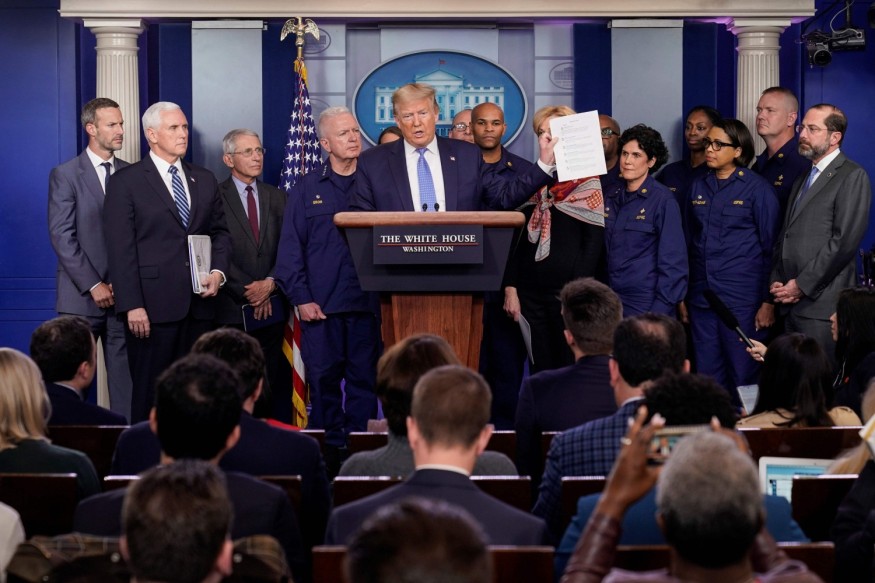Google CEO Apologizes to President Trump

The specifics of the program remained vague when President Trump revealed Friday that Google is creating a platform for Americans to figure out where they might get screened for the novel coronavirus. There was no landing page, no Google news release and thus no statement from any of the executives at the tech company.
Over the weekend the administration promised that more details will follow. Trump himself did not provide any more additional information regarding Google's platform. However, news sources claimed that the website in was far more limited in nature and produced by another Alphabet company named Verily and not Google.
Public Health Secretary, Deborah Birx, was called by the White House to make a flowchart of how the website works in order to manage the government's response to the outbreak. Users are required to sign up for a screening program to evaluate the symptoms. The website will take you to "drive through" locations where you could get one if you are eligible for a coronavirus check. The very same website will also warn people if they tested positive for the infection.
Only minutes before the White House conference started, Governor Gavin Newsom of California identified a website containing "specific questions" to assess whether anyone needed to be evaluated and also to refer them to a local mobile testing facility.
The website will operate at dual test locations in the Bay Area, one in the district of Santa Clara, and the other in the district of Sán Mateo when released on Monday. Newsom said these tests "will expand significantly into other parts of the state," yet he didn't even provide a timetable.
According to an article, Google was not made aware that the president would address anything at all. But since then, the organization has been saying that on Monday, it will release a coronavirus website, but not as stated by the president.
Hours after the press briefing of President Trump, Google put out a statement that described a program much more conservative than had been presented. No questionnaire or research was announced on any post from the Google CEO on his blog post that was released on Sunday.
A Sunday press conference on the White House did not provide much further details or clarification. Rather, Trump dismissed the media by saying that Google's tweets "substantiated" the President's Friday statements; and also that the CEO, Sundar Pichai had personally sought to apologize for the "fake news."
Later an article reported that an executive of Verily told Jared Kushner, Trump's senior advisor and son-in-law, regarding the current pilot program for the Bay Area. Trump then got the idea from there that Google is working on a website for coronavirus.
This confusion around the Google website highlights the wider turmoil characterizing Trump's approach to the coronavirus crisis. There are also important topics as to what kind of data security procedures Google or Verily would put into place when this data is collected.
There will be more Covid-19 tests available soo and hopefully, as well as a website which informs you where to get it. But Trump's commitments remain unmet unless you reside in the Bay Area.
Subscribe to Latin Post!
Sign up for our free newsletter for the Latest coverage!

















